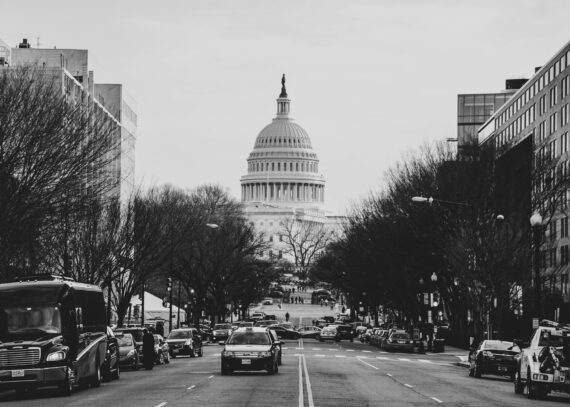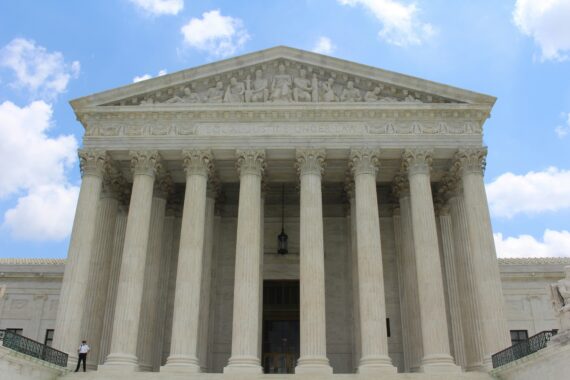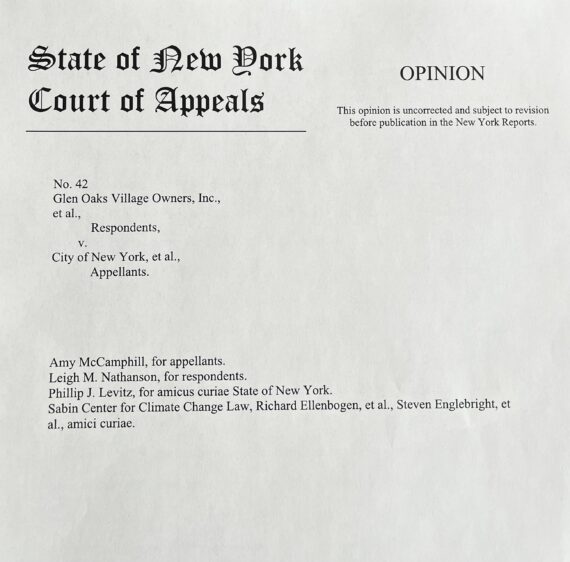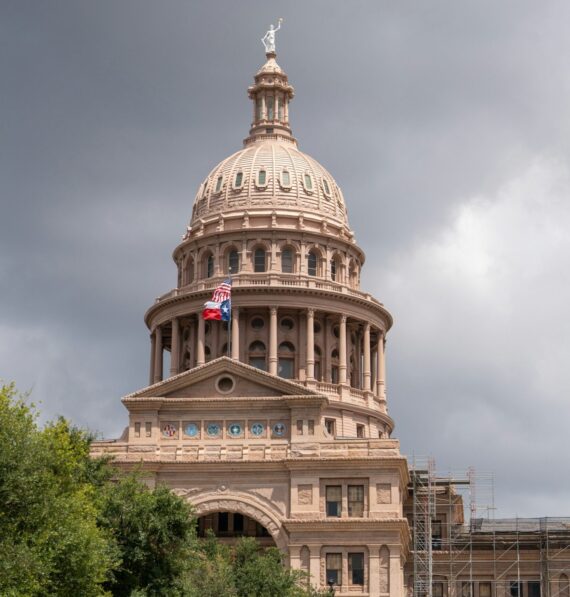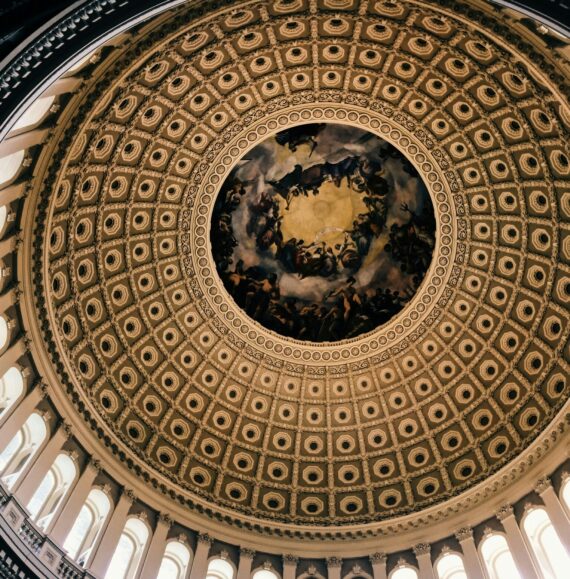Congress broke for summer recess last week, but not before sending the long awaited, hotly debated One Big Beautiful Bill Act (OBBB Act or the Act), or H.R. 1, to President Trump’s desk for a July 4th signing. The budget measure extends tax cuts for the wealthy, slashes Medicaid and […]
Cities & Local Governments
On Friday, June 27, the Supreme Court’s term closed and the Court handed down its final opinions, including in a case called Trump v. CASA. The CASA plaintiffs challenged President Trump’s executive order on birthright citizenship, but the Court’s decision – which made no substantive holdings about citizenship or immigration […]
Earlier this month, on June 2, 2025, Atlanta’s City Council unanimously passed a state-of-the-art ordinance to require cool roofs throughout the whole city, immediately propelling Atlanta to the forefront of local climate adaptation measures. The new requirements will help make Atlanta cooler, improve its air quality, and lower residents’ energy […]
Last Thursday, May 22, the New York State Court of Appeals – the State’s highest court – issued a decision upholding New York City’s Local Law 97 of 2019. Local Law 97 is one of the country’s most ambitious municipal climate policies, requiring the City’s largest buildings to comply with […]
The first 100 days of the second Trump administration have proved volatile for local governments working to advance ambitious climate action. We have seen the freezing or termination of federal grants and other financial assistance, executive orders seeking to usurp state and local authority, the initiation of extensive deregulatory efforts, […]
Texas’ Third Court of Appeals will hear arguments tomorrow, April 23, 2025, in a case that cuts to the core of how state and local governments coexist. In Texas v. City of Houston, City of San Antonio, and City of El Paso, a group of Texas cities is challenging one […]
On April 8, 2025, President Trump issued an Executive Order entitled “Protecting American Energy from State Overreach,” which directs the U.S. attorney general to work with department and agency heads to “identify all State and local laws, regulations, causes of action, policies, and practices (collectively, State laws) burdening the identification, […]
Last week, building electrification secured an important victory in the United States District Court for the Southern District of New York. In Association of Contracting Plumbers of The City of New York, Inc. et al v. City of New York, plumbing and building trade groups challenged New York City’s Local […]

